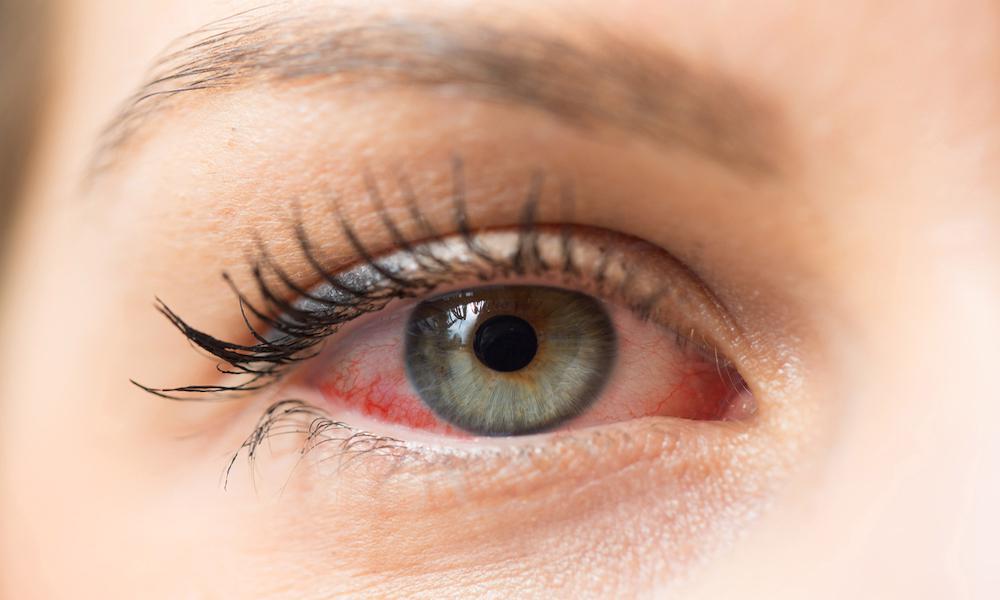Yes, dry eye can be aggravated by specific weather conditions or seasons. Some factors include:
1-Low Humidity: Dry and arid climates with low humidity levels, such as during the winter months, can lead to increased evaporation of the eye’s tear film, exacerbating dry eye symptoms.
2-Windy Conditions: Wind can cause tears to evaporate more rapidly from the ocular surface, resulting in increased dryness and irritation.
3-Hot Temperatures: Extreme heat can cause individuals to sweat more, which can lead to dehydration and exacerbate dry eye symptoms.
4-Indoor Heating or Air Conditioning: Artificial heating or air conditioning systems can reduce indoor humidity levels, contributing to dry eye discomfort.
5-Allergens: Pollen and other allergens that are more prevalent during certain seasons can trigger allergic responses in the eyes, leading to dry eye symptoms.
6-UV Exposure: Intense sunlight and UV radiation, particularly in sunny seasons, can lead to eye discomfort and dryness.
To manage dry eye in different weather conditions and seasons, individuals can consider using lubricating eye drops, wearing sunglasses for UV protection, using a humidifier to increase indoor humidity, and taking measures to protect their eyes from wind and allergens. It’s essential to consult with an eye care professional for personalized advice on managing dry eye related to specific weather conditions.
Discover comprehensive eye care with Dr. Seema Behl, an Ophthalmologist in Andheri. Schedule your eye examination today to ensure optimal vision and eye health.


